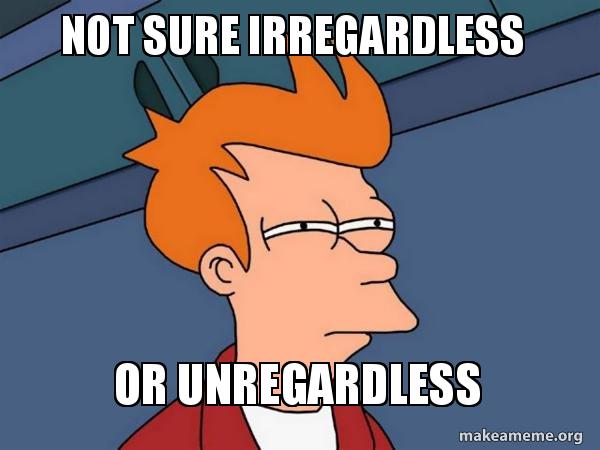Nearly all of us make some of these embarrassing grammar mistakes without even realising it. Check out the list to see if you’re aware of these flubs.
Nearly all of us make some of these embarrassing grammar mistakes without even realizing it. Check out the list to see if you’re aware of these flubs.
Even the most image-conscious people commit grammar blunders in their day-to-day life. With incorrect words, spelling, and punctuation, many people leave a wrong impression on others. Make no mistakes — people often make assumptions about your education and intelligence based on your grammar and vocabulary. Here’s a list of the most common grammar mistakes nearly all of us make without being aware of them.
First-come, First-serve

The idiom “First come, first served” essentially means a group of people or things will be dealt with or given something in the order in which they arrive.
By leaving the “d”, it suggests the person who arrives first will be the one who serves everyone. That’s funny!
I Could Care Less

When you say you “could care less”, you essentially mean you still have “some care” to be allocated to something. However, that’s not what you really want to say when you want to say you’re not bothered about something at all. Therefore, the right idiom is “I couldn’t care less”, which means you care about something the least.
Irregardless

Regardless means without regard. For example, Sam will eat chocolate regardless of the consequences.
There are no such words as “Irregardless”. Avoid it or look silly!
“I” as the last word in a sentence
Many people tend to end their sentences with “I” when it should be “me”.
For example,
- He spoke to Sandy and I. (Incorrect)
- He spoke to Sandy and me. (Correct)
Whenever in doubt (I vs Me), the trick is to take the first person’s name out of the sentence and see how the sentence sounds with the personal pronoun left. In the above sentence, “He spoke to I” would sound odd.
Likewise, it’s incorrect to use “Me” in the beginning.
For example,
- Me and Shelly met at the park earlier today. (Incorrect)
- Shelly and I met at the park earlier today. (Correct)
Emigrated to
Speaking of immigration, there are two words that often confuse users — emigrate and immigrate.
Emigrate is always followed by “from” while immigrate always go with “to”.
For example,
- Jacob emigrated from Australia to the United States.
- Jacob immigrated to the United States from Australia.
In short, “to emigrate” is coming from somewhere while “to immigrate” is going somewhere.
Overuse of apostrophes
Unless you’re using texting or tweeting, it’s always important to use apostrophes in the correct way.
Broadly speaking, apostrophes play two vital roles in grammar: to indicate possession or shorted form.
For example,
- Tom’s iPhone (Possession)
- There’s (Shortened form of There is)
However, apostrophes are often overused.
For example,
- FAQ’s (It should be FAQs)
- The Thomson’s (It should be The Thomsons)
- 1990’s (It should be the 1990s)
The first-year anniversary
The word year is redundant here — the “first anniversary” should suffice.
Subject and pronoun disagreement
The subject-pronoun agreement is one of the tricky affairs. The thumb rule says the pronoun should agree with the corresponding subject. However, many people tend to overlook this critical aspect.
Take a look at the following examples:
- A person who smokes damages their lungs. (Incorrect)
- A person who smokes damages his/her lungs. (Correct)
- Those who smoke damage their lungs. (More correct)
In the first sentence, the subject (a person) is one person while the corresponding pronoun (their) represents a collective noun. Therefore, they don’t agree with each other. While the second sentence is correct, it’s not often the best way to say it. Therefore, the third sentence is more correct.
Overuse of “literally”
Literally means actually. You shouldn’t use it unless something actually happened. Many people, however, tend to exaggerate their expressions by overusing “literally”.
For example,
- They’re literally moving mountains to win the trophy.
- It was so boisterous that my head was literally exploding.
- In his youth, Michael was literally a greyhound.
- My school gym is like literally 500 years old.
Do you know any other bloopers worth adding to this list? Please, let me know in the comments below!

Patan
We do use literally to exaggerate.
Robin Riley
You can often leave it out and still get the emphasis through exaggeration.
I use this word literally every minute of the day.
Becomes:
I use this word every minute of the day.